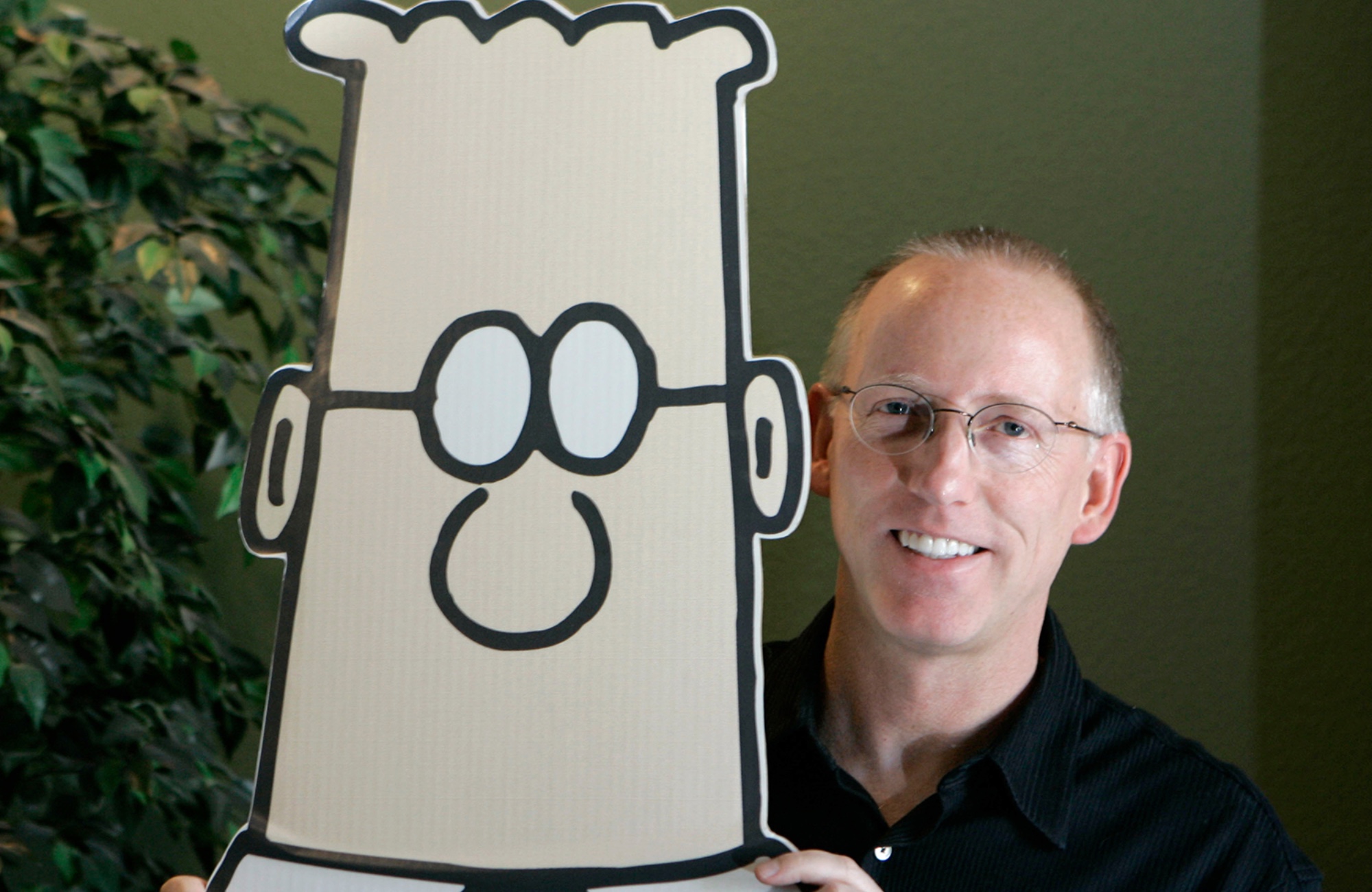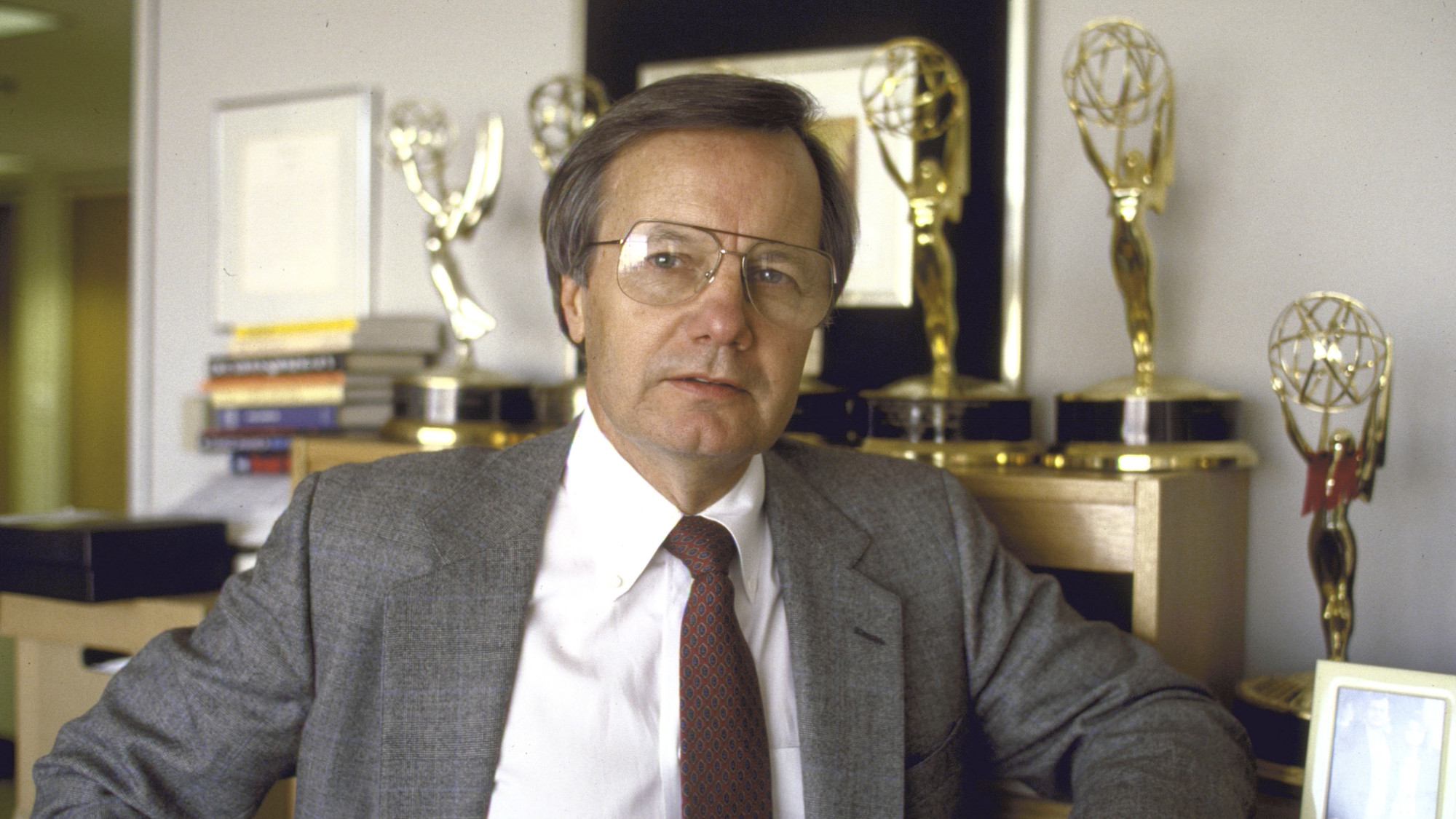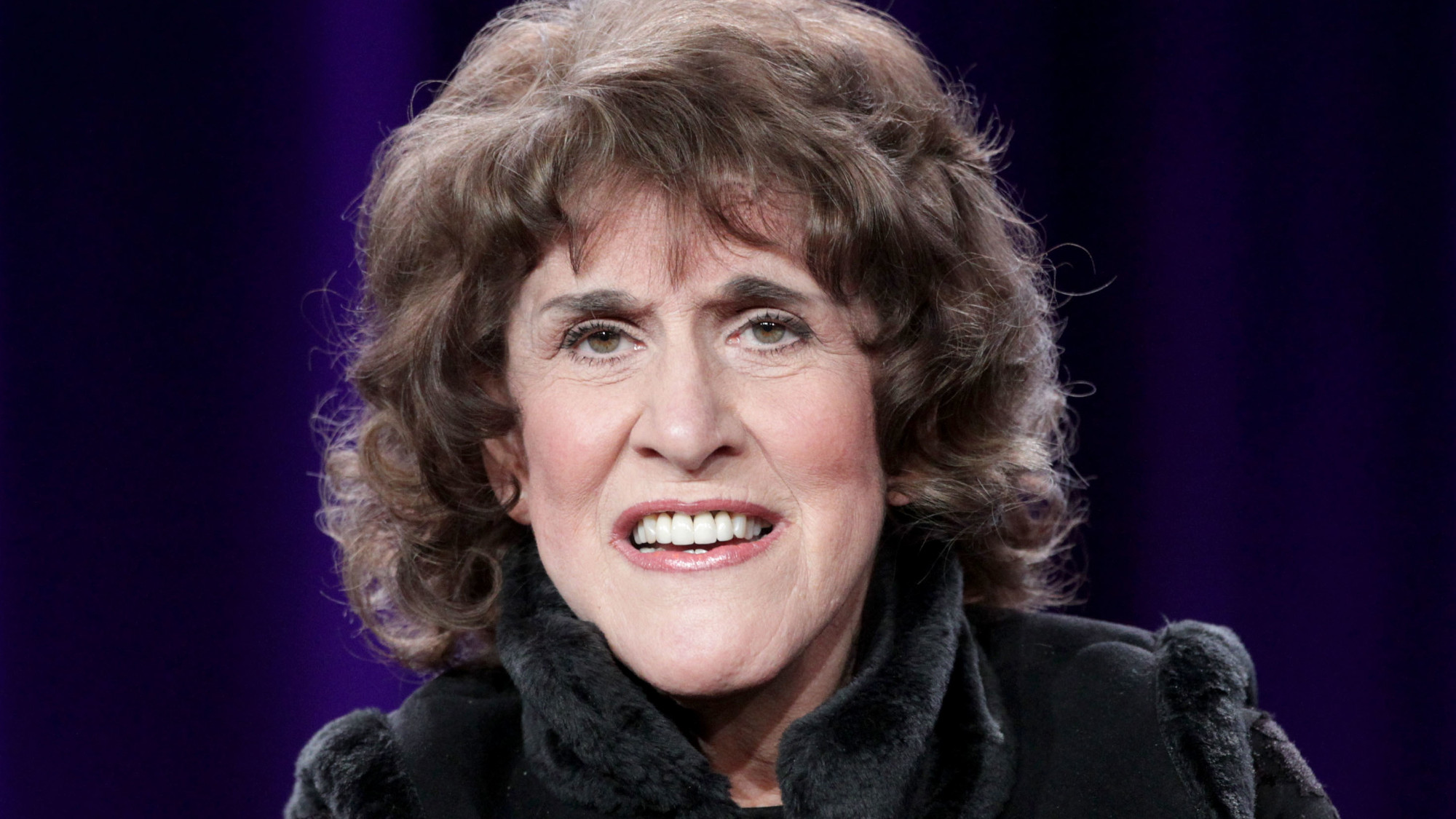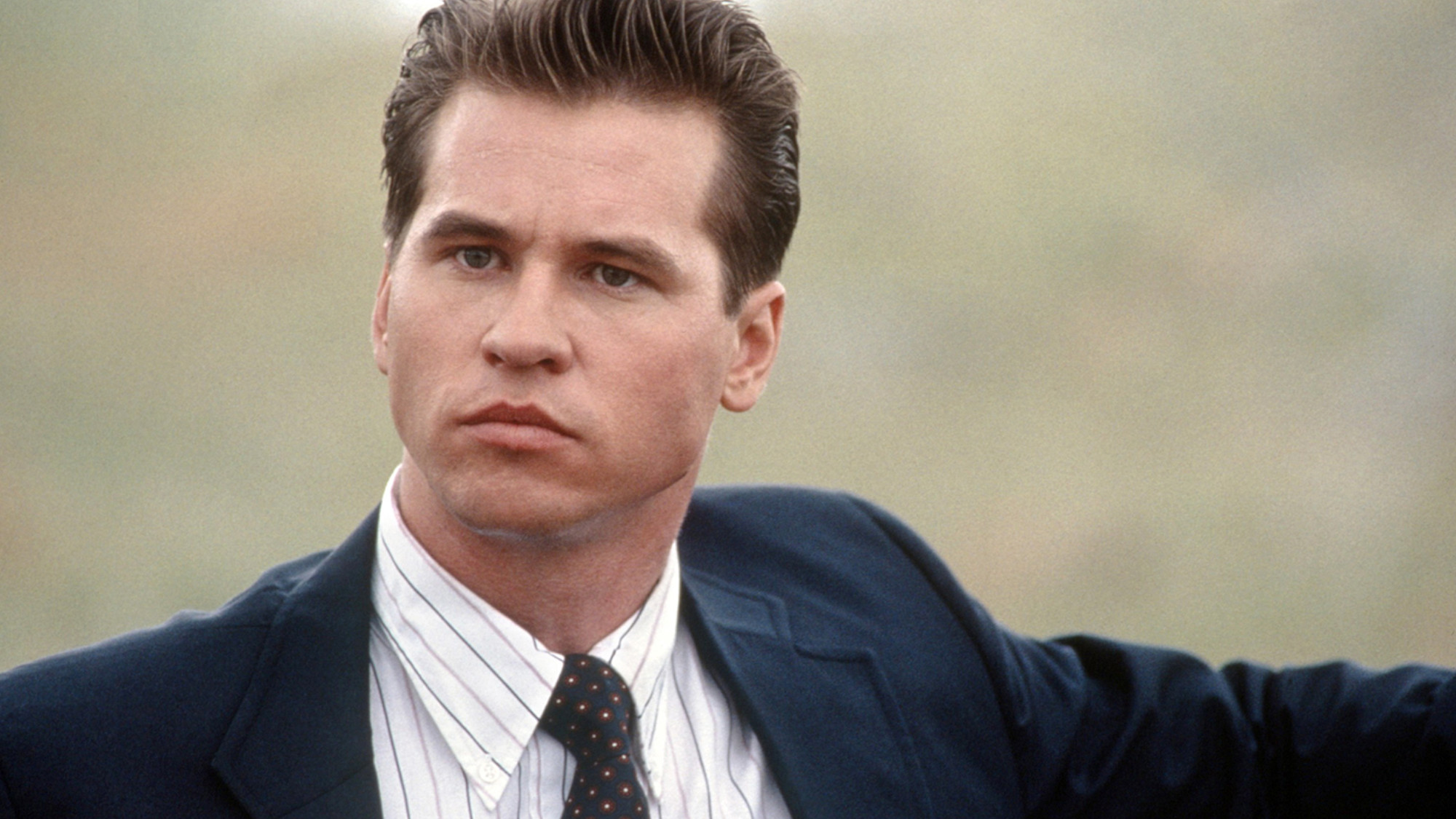Dr. Joyce Brothers, 1927–2013
The psychologist who became a media star
A free daily email with the biggest news stories of the day – and the best features from TheWeek.com
You are now subscribed
Your newsletter sign-up was successful
Dr. Joyce Brothers’s career as America’s first television psychologist began, she liked to say, “because we were hungry.” In 1955 she had given up teaching to raise her newborn daughter, and money was tight. So she decided to compete on the game show The $64,000 Question, choosing a compellingly contrarian topic for a petit psychologist: boxing. Having memorized everything she could find on the subject, she sailed through a barrage of arcane questions—such as the length of Jack Dempsey’s 1923 bout with Luis Firpo (3 minutes, 57 seconds)—to become the second person, and the only woman, to win the top prize. Her natural charm convinced TV producers that they had a star on their hands.
Born in New York City, the daughter of two lawyers, Joyce Bauer went to Cornell University to study home economics, and there developed an interest in psychology, said the Los Angeles Times. After marrying Milton Brothers in 1949, she earned a master’s and a doctorate in psychology at Columbia University, and taught at Hunter College. But after her unlikely television triumph, Brothers never returned to academia. In 1958, The Dr. Joyce Brothers Show—where she “dispensed advice on child-rearing, love, marriage, and sex”—debuted in the afternoon on New York’s NBC affiliate. “An instant hit, it was soon airing nationally.”
Before long, “one could scarcely turn on the television or open a newspaper without encountering her,” said The New York Times. Brothers emerged just as Cold War anxiety, talk therapy, and the boom in television converged. “Looking crisply capable yet eminently approachable in her pastel suits and pale blond pageboy,” she became the “mother of mass-media psychology.” She wrote a regular column in Good Housekeeping, another for newspapers, and 15 books, including Widowed in 1990, in which she wrote “candidly of her own suicidal despair after her husband’s death from cancer.” Brothers was a talk-show regular, and played herself in cameos on TV shows from The Jack Benny Program to The Simpsons.
The Week
Escape your echo chamber. Get the facts behind the news, plus analysis from multiple perspectives.

Sign up for The Week's Free Newsletters
From our morning news briefing to a weekly Good News Newsletter, get the best of The Week delivered directly to your inbox.
From our morning news briefing to a weekly Good News Newsletter, get the best of The Week delivered directly to your inbox.
Brothers’s lasting appeal stemmed from “the sympathy, sincerity, and psychological knowledge that she provided,” said The Washington Post. Without resorting to cant or jargon, she opened the airwaves “to serious discussion of the most intimate matters of heart and mind.”
A free daily email with the biggest news stories of the day – and the best features from TheWeek.com
-
 House votes to end Trump’s Canada tariffs
House votes to end Trump’s Canada tariffsSpeed Read Six Republicans joined with Democrats to repeal the president’s tariffs
-
 Bondi, Democrats clash over Epstein in hearing
Bondi, Democrats clash over Epstein in hearingSpeed Read Attorney General Pam Bondi ignored survivors of convicted sex offender Jeffrey Epstein and demanded that Democrats apologize to Trump
-
 Are Big Tech firms the new tobacco companies?
Are Big Tech firms the new tobacco companies?Today’s Big Question Trial will determine if Meta, YouTube designed addictive products
-
 Scott Adams: The cartoonist who mocked corporate life
Scott Adams: The cartoonist who mocked corporate lifeFeature His popular comic strip ‘Dilbert’ was dropped following anti-Black remarks
-
 Bill Moyers: the journalist who was the face of PBS
Bill Moyers: the journalist who was the face of PBSFeature A legend in public broadcasting
-
 Ruth Buzzi: The comic actress who packed a wallop
Ruth Buzzi: The comic actress who packed a wallopFeature She was best-known as Gladys Ormphby on the NBC sketch show "Rowan & Martin's Laugh-In"
-
 Val Kilmer: the actor who played Iceman and Batman
Val Kilmer: the actor who played Iceman and BatmanFeature Kilmer died at age 65 from pneumonia
-
David Brenner, 1936–2014
feature The comedian who ruled ‘The Tonight Show’
-
Phyllis Diller, 1917–2012
feature The comedian who paved the way for female stand-up
-
Leo Kirch, 1926–2011
feature The man who built and lost a media empire
-
John Kluge, 1914–2010
feature The immigrant who built a media empire